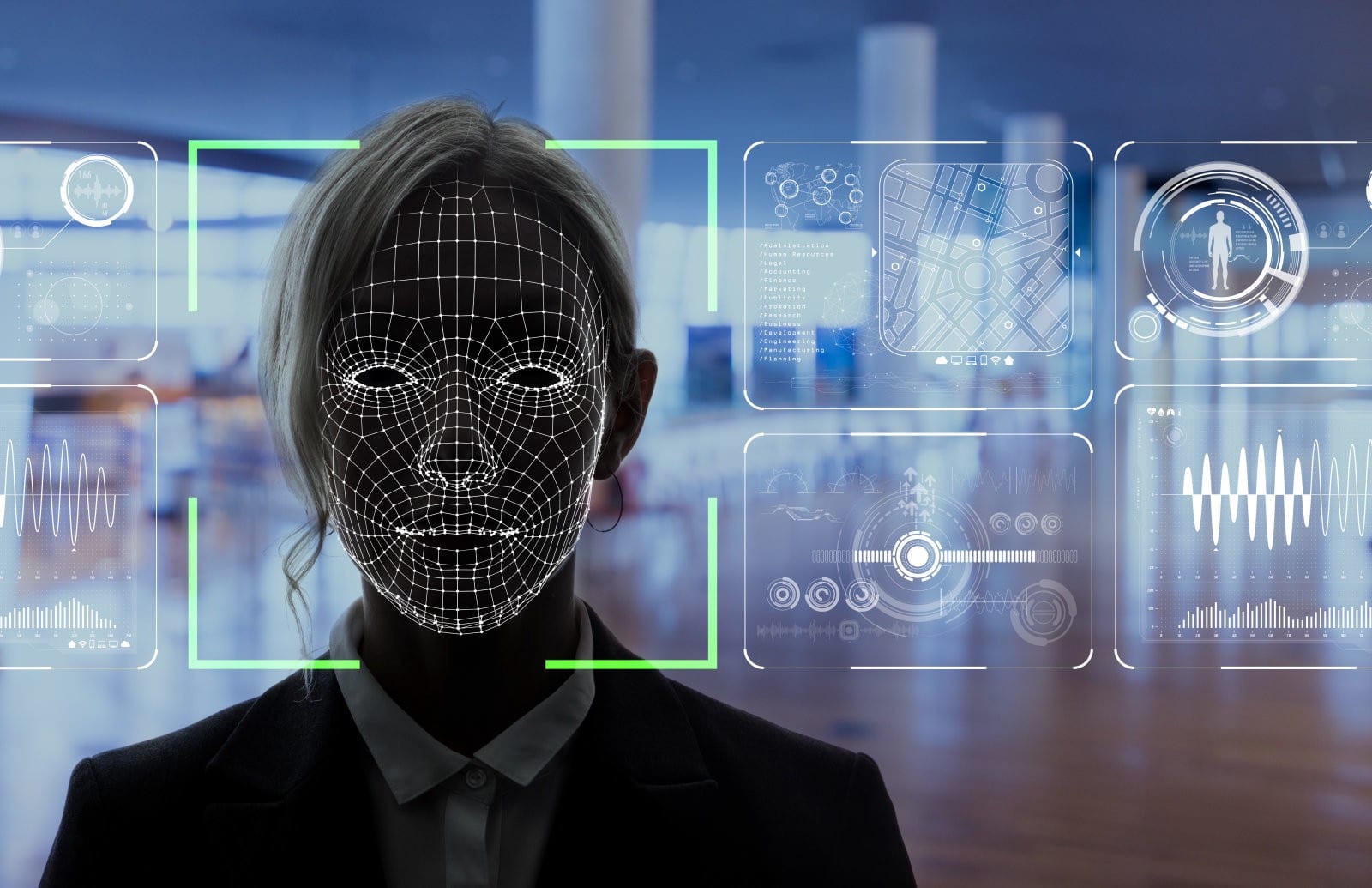AI’s reliability is paramount for healthcare. Trust in AI systems is absolutely essential. The integration of Artificial Intelligence (AI) into healthcare necessitates a fundamental emphasis on reliability and trustworthiness. The deployment of AI algorithms in medical contexts demands rigorous validation to ensure accurate and consistent performance. Furthermore, the opacity of certain AI models poses challenges to establishing trust among healthcare professionals and patients. Therefore, the development and implementation of AI solutions must prioritize transparency, accountability, and a commitment to minimizing potential biases. The foundational principle of “do no harm” must remain paramount in the adoption of AI in any healthcare application. This necessitates the establishment of standardized frameworks for assessing AI system performance and ongoing monitoring to ensure continued efficacy and safety. The ethical implications are profound, requiring careful consideration of the potential societal impact of such technologies and the need for responsible innovation in this field.
Diagnostic Applications of AI
The application of AI in diagnostics hinges critically on its reliability and the establishment of unwavering trust. AI algorithms are increasingly being utilized for image analysis, disease detection, and risk stratification, necessitating exceptional accuracy and consistency. The potential for misdiagnosis or delayed diagnosis due to flawed AI systems underscores the profound importance of rigorous validation and quality control. Healthcare providers must be able to rely on AI diagnostic tools with complete confidence. Transparency in the AI’s decision-making process is vital to understand its logic and ensure accountability. Furthermore, AI’s diagnostic performance should be regularly assessed against established clinical benchmarks, and any discrepancies must be addressed promptly. The development of robust AI diagnostic solutions requires collaboration between AI specialists and clinicians to ensure that systems meet the highest standards of quality and patient safety.
AI-Driven Drug Discovery and Development
The integration of AI in drug discovery and development necessitates a stringent focus on reliability and trustworthiness throughout the entire process. AI algorithms are being used for target identification, compound screening, and clinical trial design, demanding high levels of precision and consistency. Inaccurate predictions or flawed simulations could lead to significant setbacks in drug development. Therefore, the validation of AI models using robust datasets is crucial to establish confidence in their findings. Furthermore, transparency in the AI’s reasoning is essential to ensure that results are reproducible and reliable; The use of AI must be coupled with rigorous experimental verification at each stage. The regulatory landscape must adapt to accommodate AI-driven processes while ensuring safety and efficacy of newly developed treatments. Establishing trust in AI systems is critical for the continued progress of pharmaceutical innovation.
Ethical and Regulatory Considerations
The ethical and regulatory landscape surrounding AI in healthcare is heavily dependent on the reliability and trustworthiness of AI systems. The potential for algorithmic bias, privacy breaches, and lack of transparency raises profound ethical concerns that must be addressed proactively. Regulatory frameworks must be established to ensure that AI tools meet rigorous standards of safety, efficacy, and fairness. Furthermore, clear guidelines are needed to delineate liability in cases where AI systems are involved in medical errors. The public must have confidence in the oversight mechanisms that govern AI development and deployment. Ongoing dialogue between regulators, AI developers, healthcare professionals, and the public is crucial to navigate the complex ethical challenges. A commitment to transparency, accountability, and the safeguarding of patient rights is paramount to ensure the responsible integration of AI in healthcare.



